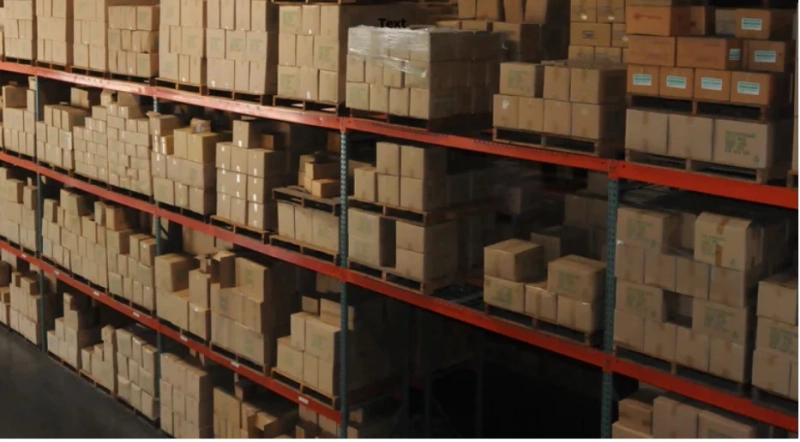In a world where environmental consciousness is becoming increasingly crucial, the need for sustainable alternatives to everyday products is more apparent than ever. One area where we can make a significant impact is in our choice of trash bags. Plastic trash bags have long been a staple in households, but their environmental repercussions are undeniable.
The Environmental Impact of Plastic Trash Bags:
Plastic trash bags, while convenient, contribute significantly to environmental pollution. The production of traditional plastic involves the extraction of fossil fuels and the release of harmful greenhouse gases. Moreover, these bags often end up in landfills, where they can take hundreds of years to decompose fully.
Eco-Friendly Options:
Biodegradable Trash Bags:
One of the most accessible alternatives to traditional plastic trash bags is opting for biodegradable options. These bags are typically made from materials like cornstarch or other plant-based resources. They break down more quickly than conventional plastic, reducing their environmental impact significantly.
Compostable Trash Bags:
Compostable trash bags are designed to decompose in composting facilities. Made from materials such as PLA (polylactic acid), derived from renewable resources like cornstarch, these plastic trash bags offer a sustainable solution. When disposed of in a proper composting environment, they break down into organic matter without releasing harmful toxins.
Recycled Plastic Trash Bags:
Another eco-friendly choice is opting for trash bags made from recycled plastic. These bags utilize post-consumer recycled content, reducing the demand for new raw materials and minimizing the environmental impact associated with traditional plastic production.
Paper Trash Bags:
For those looking for a plastic-free alternative, paper trash bags are an excellent option. Made from sustainably sourced paper, these bags are biodegradable and can be easily recycled. They are particularly suitable for composting organic waste.
Cloth or Reusable Bags:
Consider a long-term investment in reusable cloth bags. While not suitable for all types of waste, they are an excellent option for dry and non-biodegradable items. Washable and durable, these bags significantly reduce the need for single-use plastic alternatives.
The Benefits of Making the Switch:
Reduced Carbon Footprint:
Eco-friendly trash bags generally have a lower carbon footprint compared to their conventional counterparts. Choosing biodegradable or compostable options helps mitigate the environmental impact associated with the production and disposal of plastic.
Supporting Sustainable Practices:
By opting for eco-friendly alternatives, consumers contribute to the demand for sustainable products. This, in turn, encourages manufacturers to adopt more environmentally friendly practices and materials.
Decreased Dependency on Fossil Fuels:
Traditional plastic is derived from fossil fuels, a finite resource. Choosing alternatives made from renewable resources or recycled materials helps reduce our dependency on non-renewable energy sources.
Promoting Recycling Initiatives:
Opting for recycled plastic trash bags supports recycling initiatives by creating demand for post-consumer recycled content. This, in turn, helps divert plastic waste from landfills and encourages a circular economy.
As we become increasingly aware of our impact on the environment, making small changes in our daily lives can collectively lead to significant improvements. Swapping out plastic trash bags for eco-friendly alternatives is a simple yet impactful step toward a more sustainable future. Whether opting for biodegradable, compostable, recycled, or paper options, the choices we make today can contribute to a healthier planet for generations to come.



